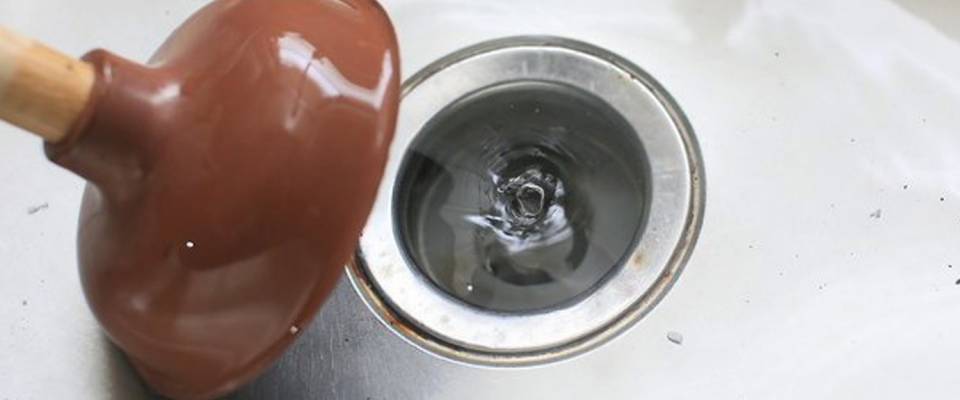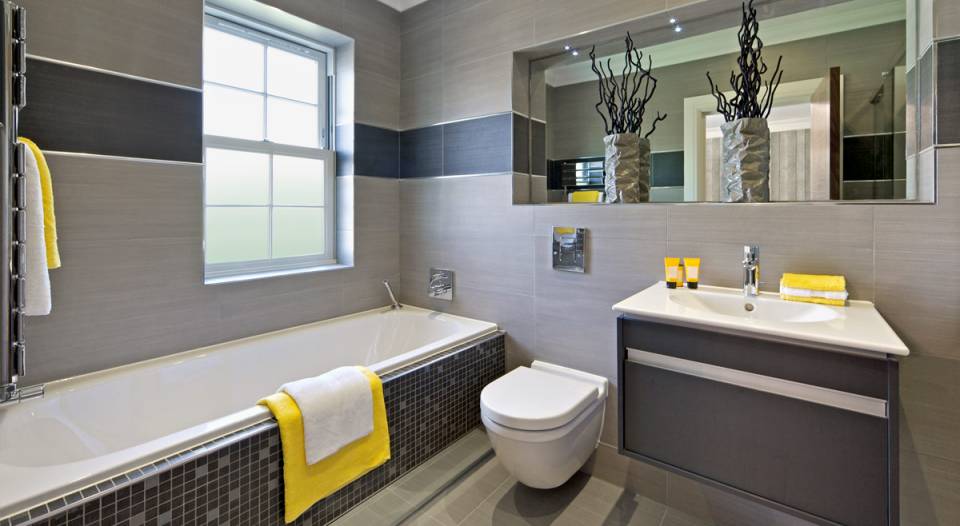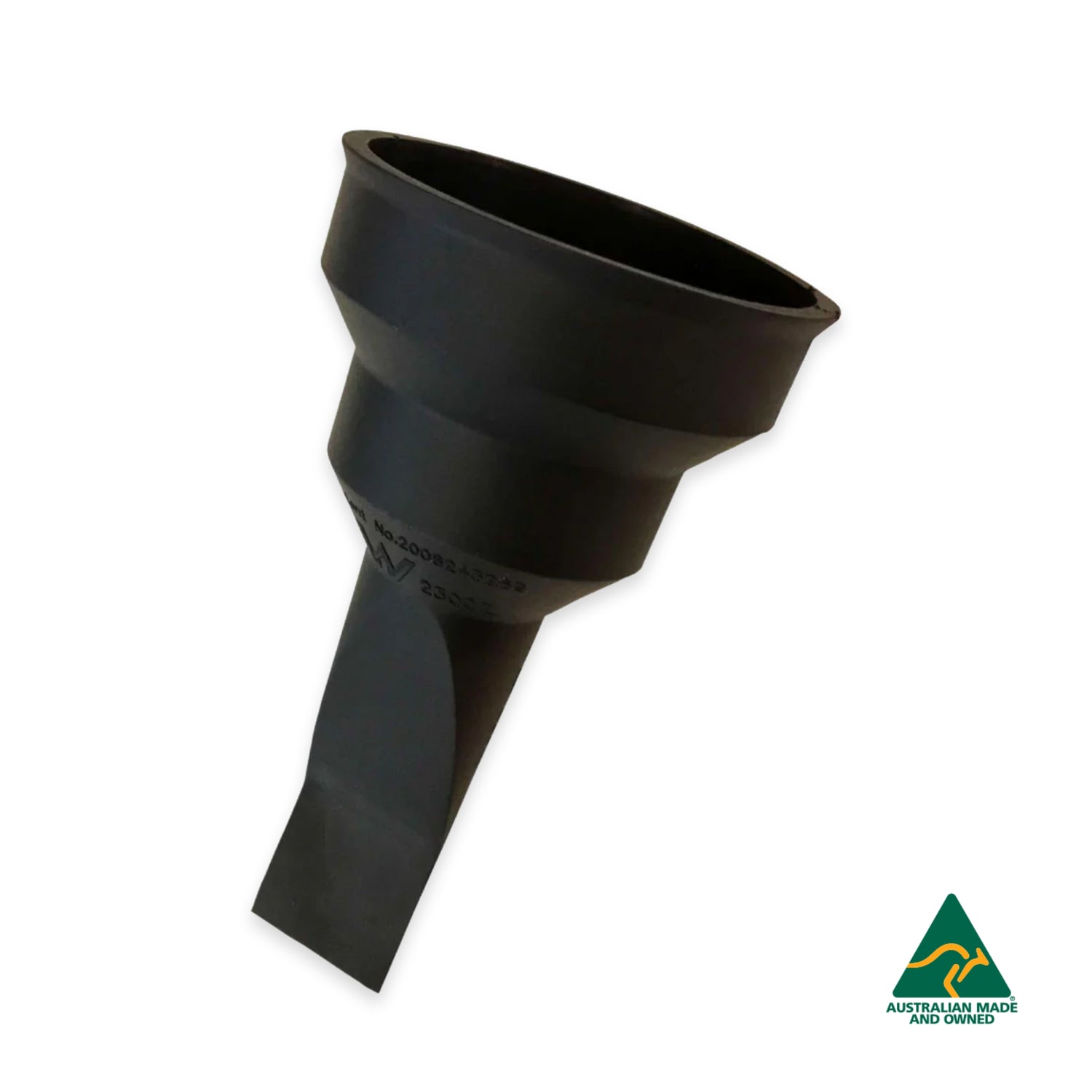
Causes of smelly drains: Part 1 - Blockages
Share
In our first blog we looked at the number one cause of smelly drains, bacterial build up. In today's blog we'll be taking a look at the second most common cause of smelly drains, blockages.
Blocked drains
Underneath your home or business’s floor, there are two main drainage networks – one for grey water such as those found in showers and laundries, and another for brown water to carry waste from your toilet. These two pipe networks meet up and mix together at a junction, before progressing further into a municipal sewer or local septic system.
If there is a blockage or partial blockage past this junction point, brown water and all of its unpleasant smell can be forced back past the junction in to the grey water pipes and through the trap (see below) and you will smell the results.
The blockages themselves are usually caused by a tree root breaking through a pipe or bulky items such as feminine hygiene products or too much toilet paper being used. Another leading cause of blockage or restricted drains is the gradual build-up of fats on the inside of the pipe – picture the rings on a tree, but it grows in, not out.
What can I do about blocked drains?
If you have a drain blocked in one of the fashions described above, we don’t recommend using a Grate Seal to fix the problem – it will only mask it.
If your drain is blocked it is best not to put off getting it fixed, and not just because it smells bad. The problem can get worse and worse and as time goes by, it can become ever more expensive to fix. An early diagnosis can mean the difference between a simple chemical fix-up or an electric eel and a labour intensive pipe replacement job. We’ll look at the different chemicals and more natural methods in a later blog.
If you are in need of professional help, contact a reputable, qualified plumber to perform the work. A trained plumber is likely to produce a quality result.
You can however use a Grate Seal as a temporary fix if the drain is partially blocked, while waiting for a repair. For example, if you are going away for a weekend or are preparing a property for visitors or a sale. A Grate Seal will effectively stop smelly gases coming back through unless the drain becomes too full. It is important to remember that the drain is still blocked and as mentioned needs to be fixed properly. After the blockage has been removed you can continue to use your Grate Seal to avoid other causes of drain odours. You can purchase a Grate Seal here.

Stop bathroom odours with the Grate Seal
Upper system blockages
This kind of blockage occurs between the inlet to the drain and the trap and generally aren’t as serious as the lower system blockages described above. The smells from this kind of blockage are caused by either decaying materials and/or bacterial build up.
Upper blockages are generally much easier to fix yourself. In most instances these blockages can be fixed using a plunger or a chemical treatment. If unsuccessful, or in doubt, the same rule applies: call a plumber.
Learn more about other reasons for blocked drains
In part two of the Grate Tips series on other reasons your drains might smell, we’ll be looking at defective or poorly constructed plumbing.

